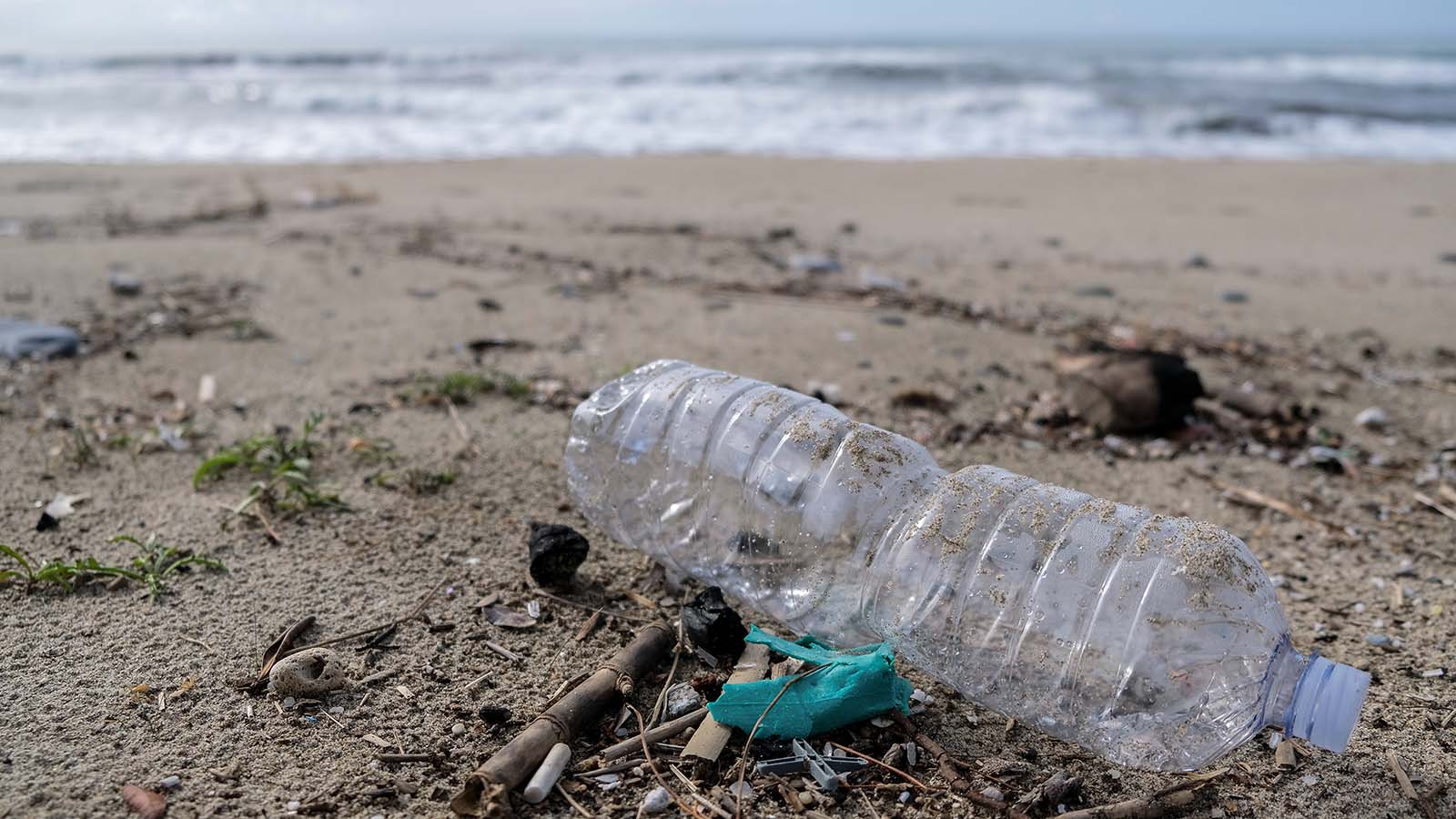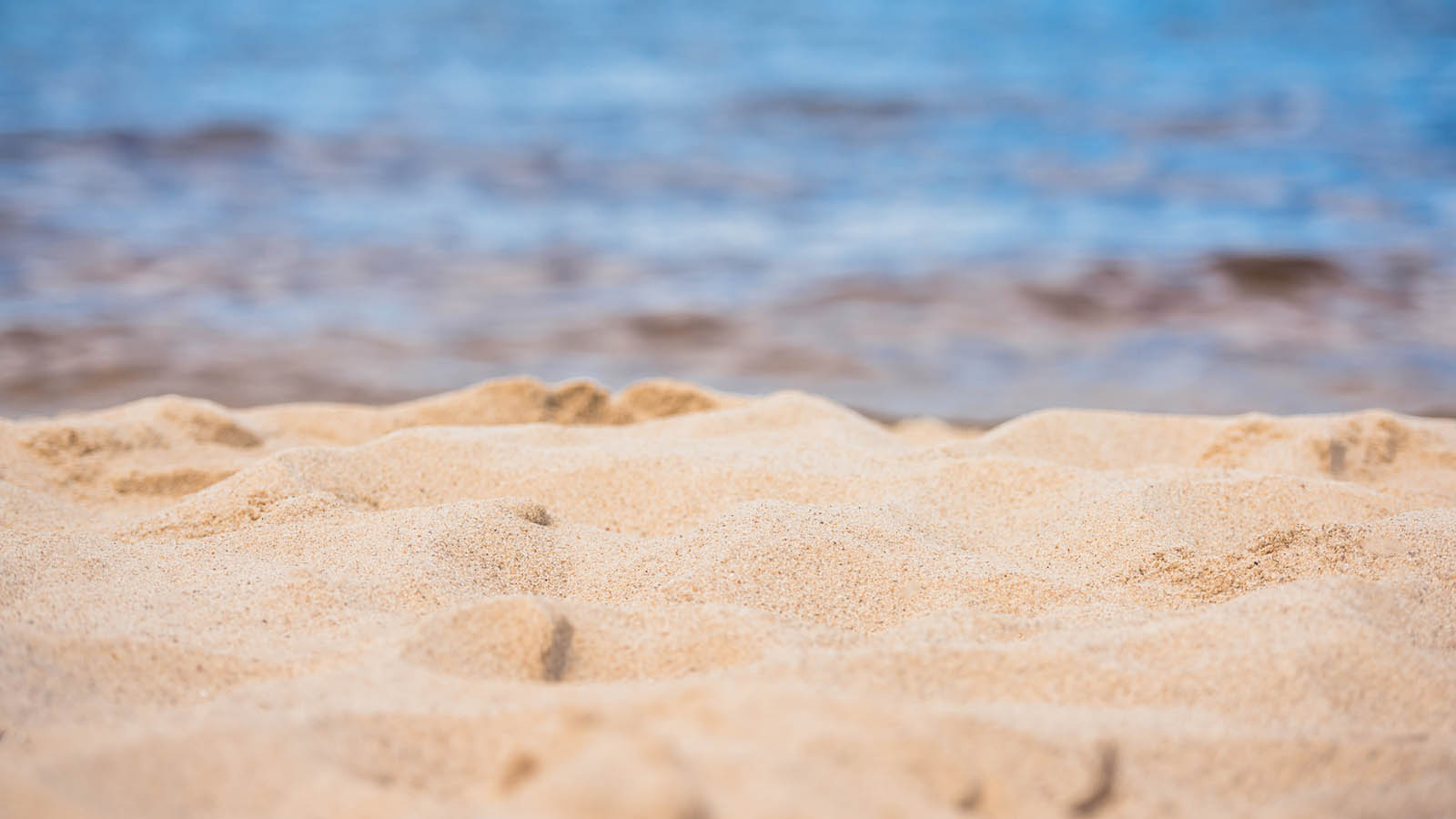SEALIVE project will help reduce the presence of plastics at sea
SEALIVE aims to reduce plastic waste and contamination in our environment by boosting the use of biomaterials and contributing to the circular economy with cohesive bio-plastic strategies.

A pioneering new project funded by the European Union will bring advanced bio-based plastic solutions to the market, providing viable alternatives to single-use plastics.
‘Strategies of circular economy and advanced biobased solutions to keep our lands and seas alive from plastics contamination’, or SEALIVE, aims to reduce plastic waste and contamination in our environment by boosting the use of biomaterials and contributing to the circular economy with cohesive bio-plastic strategies.
Eight end-applications including food packaging, cutlery and fishing nets will be upscaled, demonstrated and validated by the 24 project partners across six different regions spanning from Europe to South America.
SEALIVE (2019-2023) will combine its advanced bioplastic solutions with cutting-edge processing technology and develop sustainable business models for their use. By improving current bio-based formulas as well as developing new solutions made from aquatic biomass and organic waste, SEALIVE’s products will avoid traditional plastic ending up as waste. The new solutions will have increased durability so they last longer, better design enabling more efficient recycling and increased biodegradability so they break down after their use.
The team of over 50 applied scientists, and businesspeople from all stages of the plastics value chain came together at a kick-off meeting in Valencia, Spain, to initiate the project’s activities and discuss plans for the next four years to ensure SEALIVE meets its ambitious objectives. Project Coordinator Miriam Gallur from ITENE highlighted during this event, held on 13-14 November 2019: “SEALIVE will have far-reaching impacts, not only reducing pollution on land and in seas, but also offering unexploited opportunities for circular economy solutions”.
Supporting the European Commission’s Plastics Strategy (COM/2018/028 final), SEALIVE results will contribute to a greater understanding of the technical, economic and social barriers of current bio-based applications. It will also build a strong reference framework for policy makers to advance legislation and further investment in this area. Recommendations for new standards from the SEALIVE project will aid the adoption of viable circular strategies in the fight against plastic pollution.
The SEALIVE project will run from 2019 – 2023 with an overall budget of €10.5 million. “SEALIVE – Strategies of circular Economy and Advanced bio-based solutions to keep our Lands and seas alIVE from plastics contamination” is funded by the European Union Horizon 2020 funding programme. SEALIVE consortium brings together 24 partners and five linked third parties from 11 countries across central Europe (Austria, Belgium, Czech Republic, Denmark, France, Germany, Ireland, Netherlands), southern Europe (Cyrus, Portugal, Spain, Italy) and South America (Argentina). It forms a well-balanced mix between enterprises, industry, applied research scientists and NGOs that have a track record in the plastics, recycling and biopolymer industries. SEALIVE is coordinated by ITENE (Spain). Intrigo (Ireland) is the project communication and dissemination partner.
The European Commission’s Plastics Strategy (COM/2018/028 final) was adopted in January 2018. The strategy is part of a wider plan to develop a circular economy and comes from the 2015 Circular Economy Action Plan which identified plastics as a priority area and included proposal to modernise EU waste legislation. The Plastics Strategy pursues an ambitious approach for plastic packaging recyclability and contains a strong response on microplastics which are a significant source of marine pollution.
